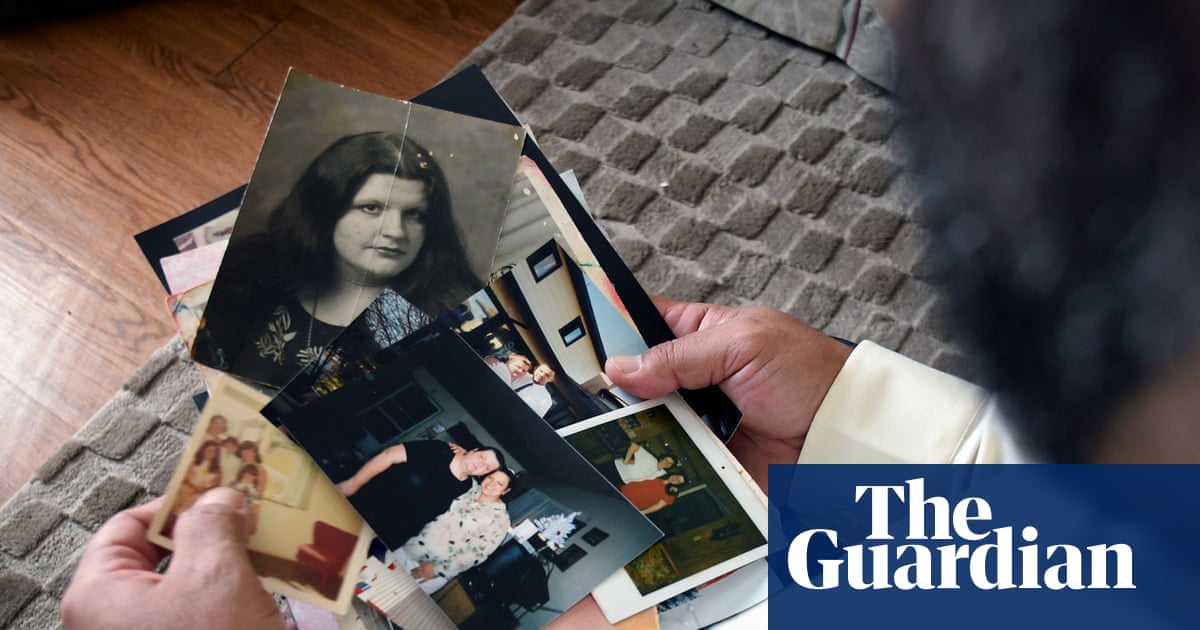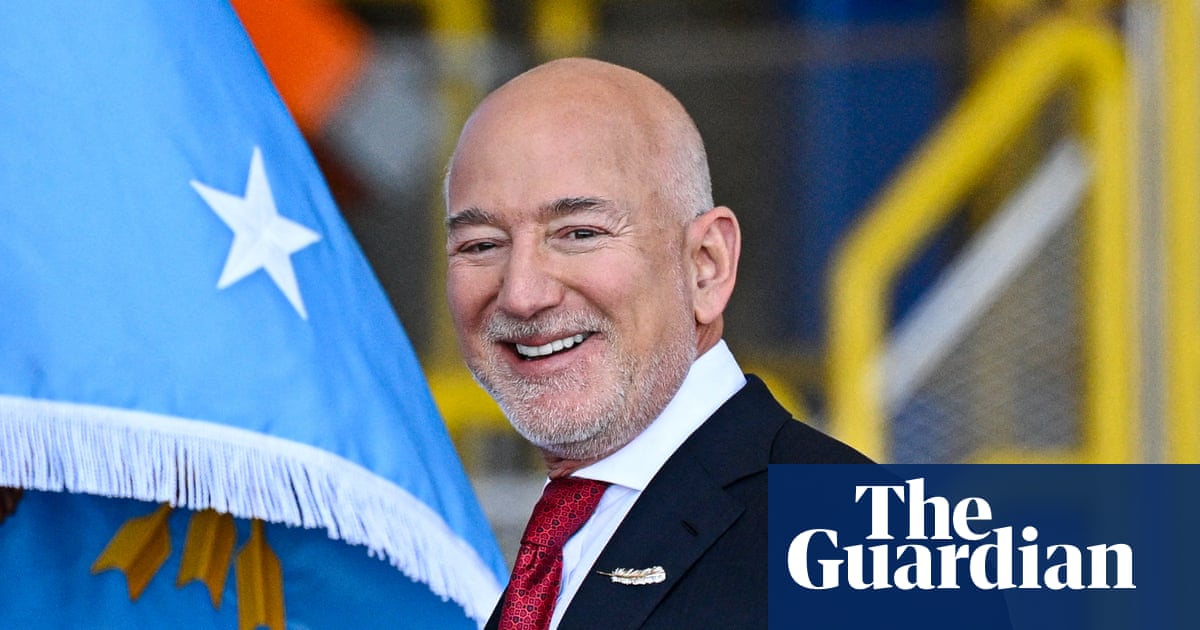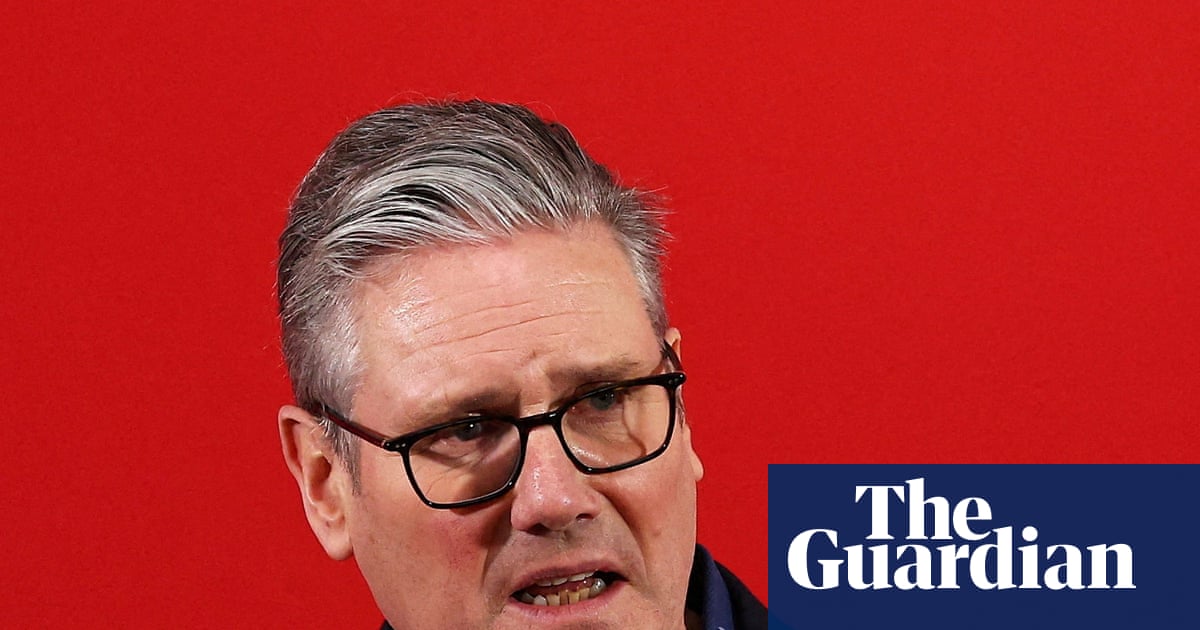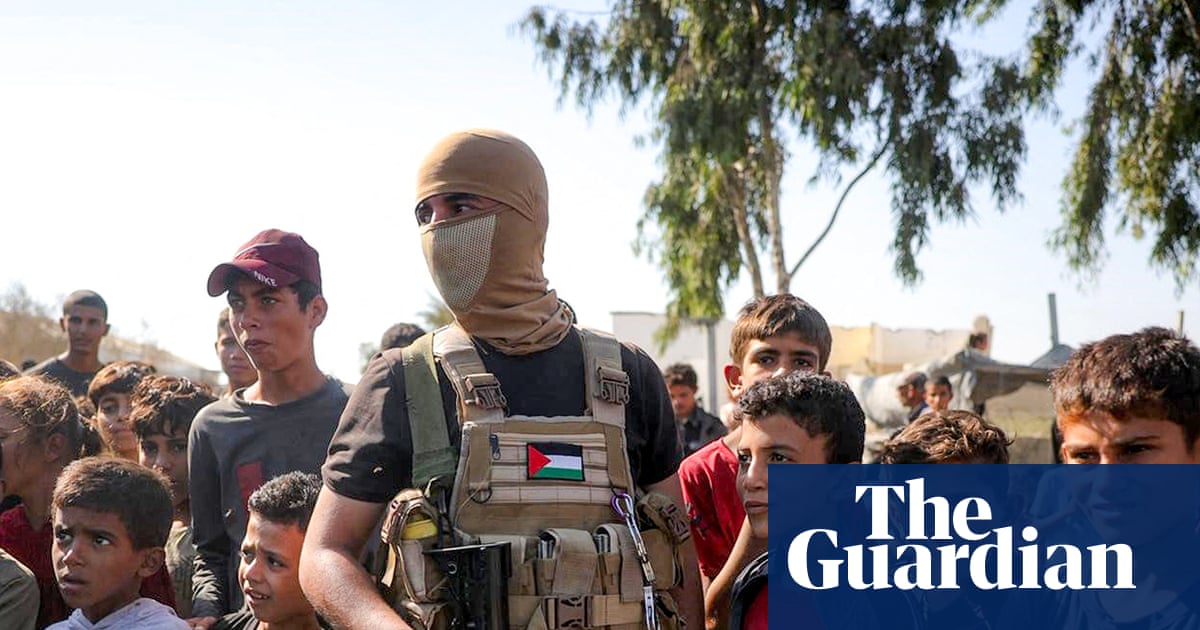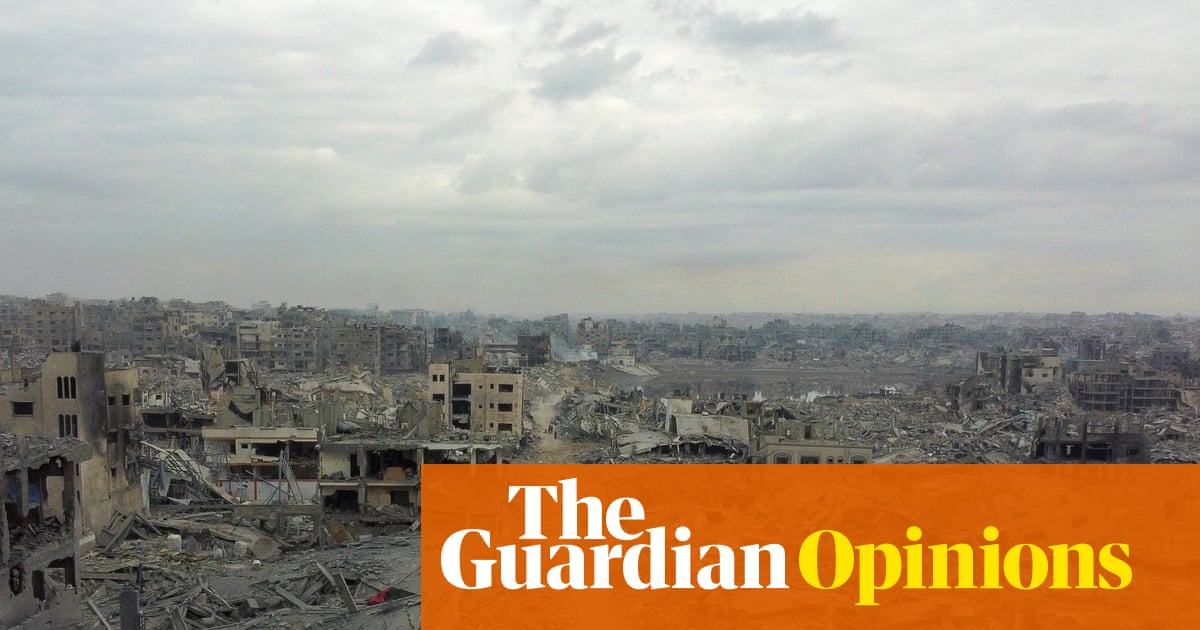The Royal College of Psychiatrists is facing a backlash from members over a controversial partnership with Qatar’s state healthcare provider.
The college has signed a contract with the state-owned Hamad Medical Corporation to host international exams in Doha, enabling psychiatrists from across the Middle East and beyond to apply for membership.
But the decision to hold clinical exams in a country with well-documented human rights abuses and in which same-sex relationships are criminalised has prompted more than 150 psychiatrists from leading UK hospitals and universities to sign a letter to the president of the college.
“A commercial relationship with Qatar’s public health system, a de facto branch of its government, runs a risk of significant reputational damage to the college,” states the letter, which was sent in September.
“Women are denied equal rights in a number of domains and there is no legal protection for domestic abuse,” the letter says. “Same-sex sexuality remains legally subject to the death penalty.”
The college already hosts annual exams for international candidates in Singapore, with Qatar being the second international centre, where about 120 candidates are expected to sit the professional exams on 10 to 13 November.
The letter also raises the treatment of migrant workers who make up more than 90% of Qatar’s workforce: “Deaths and injuries of migrant workers prior to the World Cup being held in Qatar in 2022 led to demands for compensation and accusations of worker exploitation.”
In a statement, the Royal College of Psychiatrists said a priority was “tackling inequity and focusing on improving the mental health care of marginalised groups” and that the purpose of holding exams in the Middle East was to provide access to doctors from the global south. It added that it had received supportive feedback from many of its 22,200 members.
Dr Bradley Hillier, a consultant forensic psychiatrist and a signatory to the letter, said: “I am really quite disturbed that the Royal College of Psychiatrists is seemingly entering a business relationship with a [state] that has significant challenges around human rights. It seems so evidently in conflict with the college’s position and values and its history.”
Hillier added that it was hard to envisage how mental health issues relating to gender dysphoria, HIV status or experiences of homophobia would be navigated. The exams involve candidates carrying out mock consultations with actors playing the role of patients and are designed to assess how a doctor would perform in a real-world setting.
The college said the content and delivery of the exam in Doha would meet the same standards, values and scrutiny as exams held in the UK and Singapore, and would include competency in addressing mental health problems experienced by LGBTQ+ patients.
Prof Annie Bartlett, professor of offender healthcare at City St George’s University, London, said she welcomed the college expanding international access to its exams, but added: “There are lots of countries that you could have chosen that would avoid issues of women’s rights, migrant workers and the death penalty on the statute for certain same-sex practices.”
after newsletter promotion
“I think it’s a mistake,” she said.
Another signatory, Prof Michael Bloomfield, consultant psychiatrist and head of the translational psychiatry research group at University College London, described the partnership as “completely morally unacceptable”.
“It’s extremely regrettable where we’re in this situation where our college is choosing to operate in a country which is constitutionally homophobic,” he said.
The college announced the collaboration earlier this year as part of efforts to expand access to its exams for psychiatrists overseas.
In a statement, the Royal College of Psychiatrists said: “Our approach is anti-discriminatory and evidence-based, deliberately avoiding a colonial mindset of selectively deciding who we will or won’t work with. We are guided by the medical needs, working with doctors, not governments. Our decisions are always led by our values and will be in keeping with the Charity Commission’s expectations.”

 2 months ago
89
2 months ago
89


